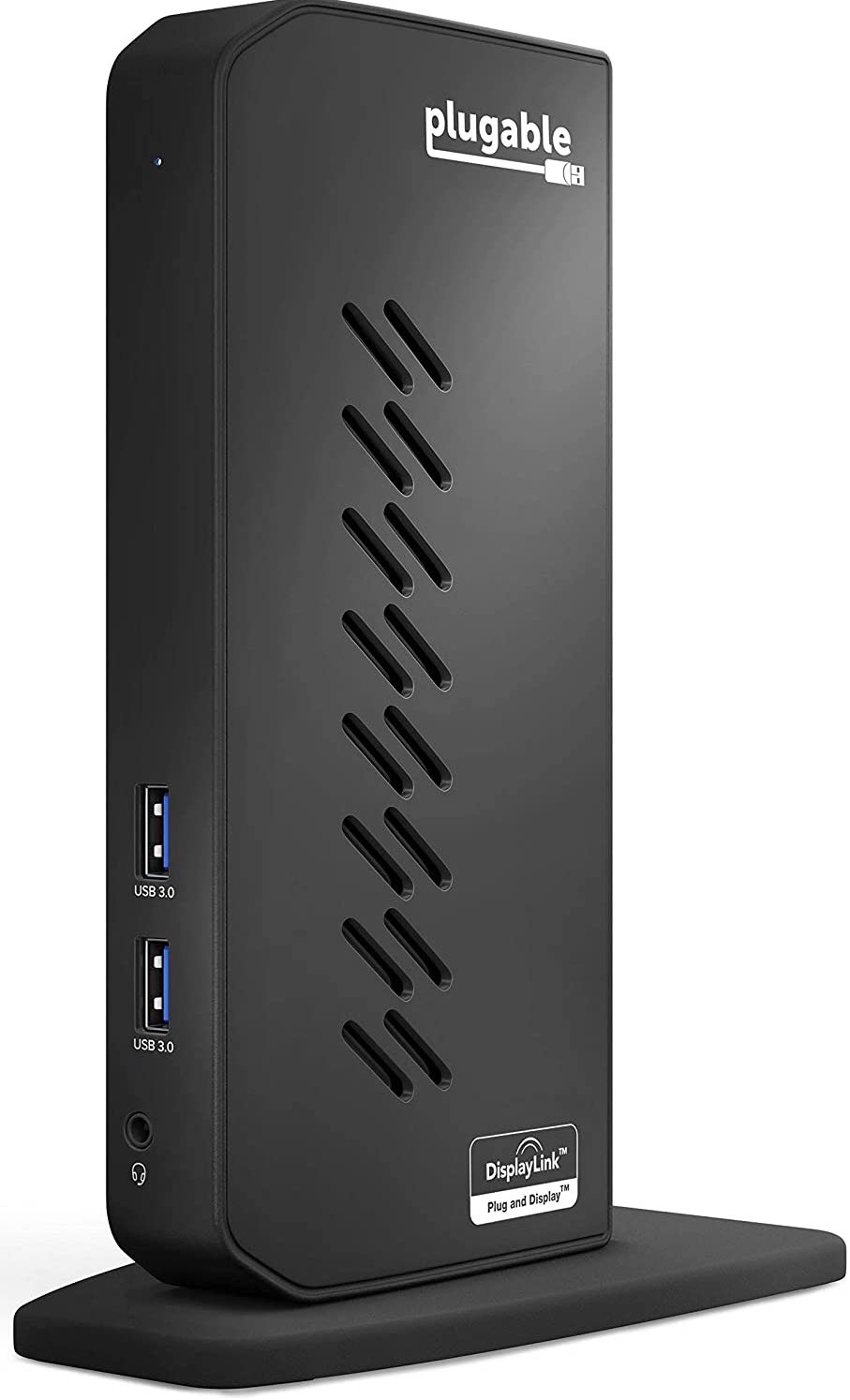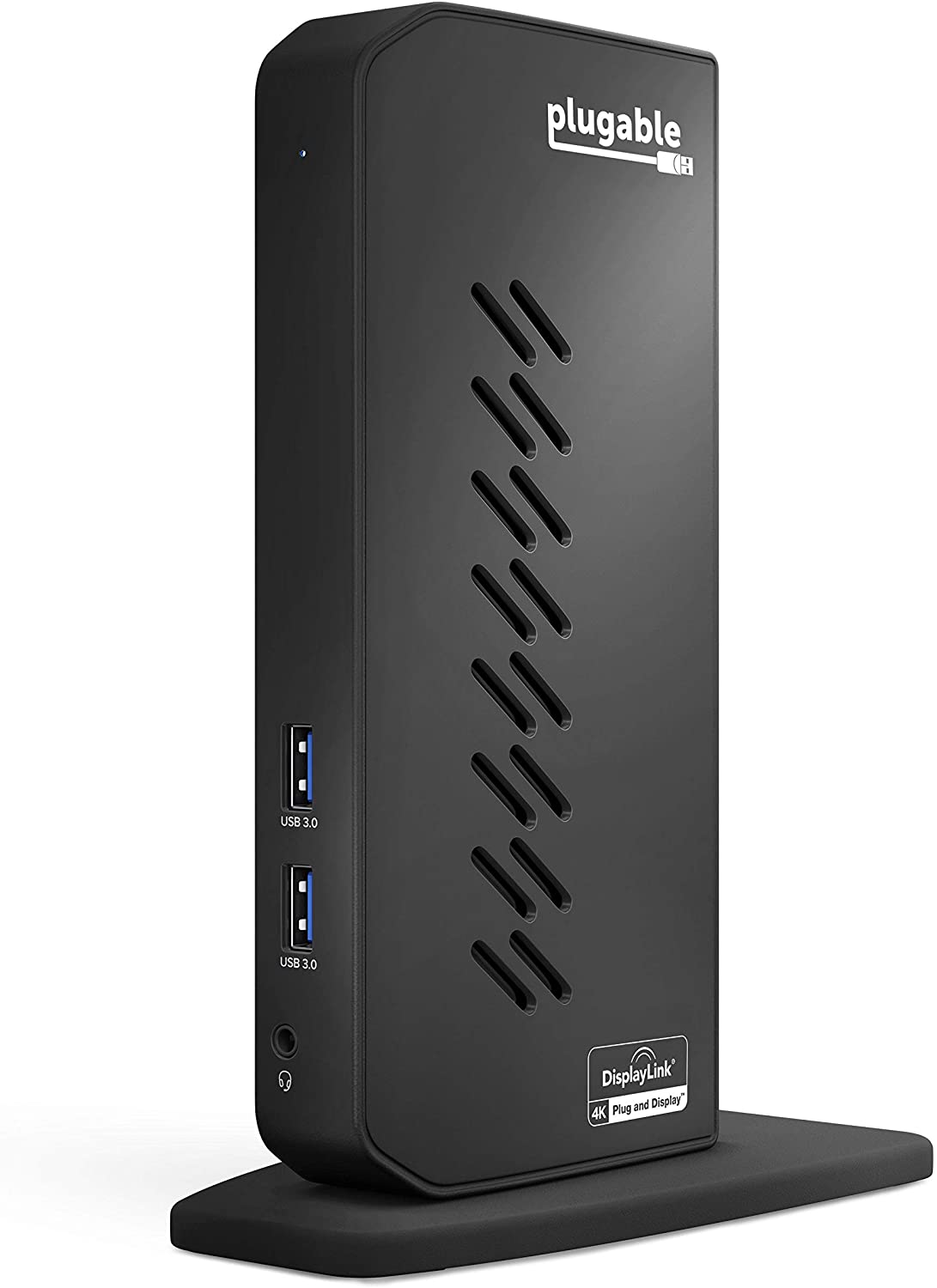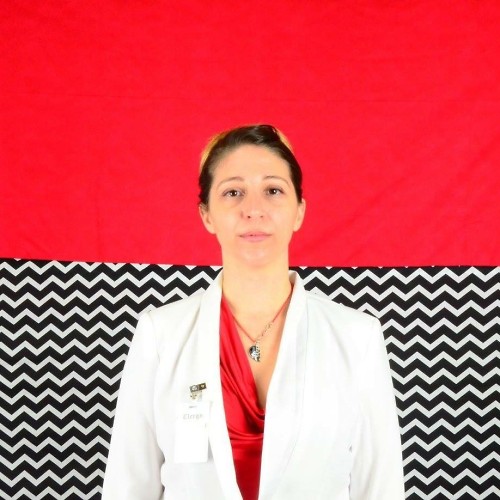Plugable's newest docking stations — the UD-6950Z and the UD-3900Z — are on sale now. They are versatile self-powered docking stations that offer a wide variety of connection ports. The 6950Z is a more advanced version with higher resolution support for displays and USB 3.0 instead of USB 2.0. They are both designed to allow you to connect your laptop to one or more displays, plus connect wired keyboards, mice, hard drives, and whatever else you might need. They are, however, only fully compatible with Windows computers. They may not be the best docking stations for MacBook Pro, but they are surprisingly versatile and useful for both Windows and Mac computers.
Plugable sent me the 6950Z to test out before I realized that it isn't designed with macOS compatibility in mind. I set the docking station aside for a couple of weeks until WWDC hit when I decided to install the developer beta of macOS Big Sur on my MacBook Pro.
I created an APFS volume on my MacBook Pro so I could install the developer beta of macOS Big Sur on a separate drive on my computer. I do this every year. I always come across some minor hiccup, but otherwise successfully test the macOS beta alongside the current Mac operating system just fine.
This year was different, though. After installing the beta on the separate volume, my main hard drive was suggesting I update to ... Big Sur. That's right. Even though I had put the beta on a separate volume, my main drive was reading the beta update path.
So, I decided to uninstall the volume and try partitioning my MacBook Pro hard drive instead. Unfortunately, even uninstalling the volume didn't get rid of the suggestion to update to Big Sur on my main driver. I knew it was time to burn it all down and start over.
Through unlucky issue atop unlucky issue, I ended up needing to do a lot more than just "reinstall macOS" from Recovery mode. I needed to connect a variety of devices, and even an Ethernet cable, and none of these things in my household have USB-C connections.
So I reached for the Plugable UD-6950Z.
At this point, I still didn't know that it technically doesn't support macOS, but it sure acted like it supports it. The first thing I did was connect a thumb drive that I had installed macOS Catalina on (because Recovery Mode was trying to install the beta of macOS Catalina, for some reason). I also needed to connect my external hard drive in order to try installing from a Time Machine backup. Though these processes all started off right, each attempt would eventually stop working.
I did some digging and discovered it had something to do with my mesh router affecting my MacBook Pro's ability to connect to Wi-Fi to install a new operating system (my hard drive had been erased at this point). So, I connected my MacBook Pro to the internet using an Ethernet port and the Plugable UD-6950Z. Zing! It worked. I was finally able to install macOS Catalina (not the beta) and correct the original issue of it requesting a beta update to Big Sur.
So, even though the Plugable UD-6950Z officially isn't compatible with macOS, it came through for me when I needed it. The issue with the Plugable UD-6950Z and macOS is in the DisplayLink interoperability. According to Plugable, "Significant progress has been made by both Apple and DisplayLink resolving interoperability issues," so we will hopefully see full support for macOS eventually.
But for now, the company is marketing this docking station as a Windows-only device.
I decided not to review the Plugable UD-6950Z for iMore (because, you know ... Mac), but I had such a positive experience with the docking station that I had to share my story with you.
If your household is Mac-only, you probably shouldn't risk investing in Plugable's new docking stations until the interoperability issues get sorted out. If, however, your household uses both Windows and Mac, you can take advantage of all the features these docking stations offer, including dual monitor support for up to 4K, depending on the model you choose. Just know ahead of time that it might not support display connection with your Mac.
The 3900Z has two external HDMI displays with resolutions up to 1920 x 1200 while the 6950Z has two external DisplayPort/HDMI ports with resolutions of up to 4K.
The 3900Z also has a total of six USB-A (2.0) ports, two on the front and four on the back, an Ethernet port, two HDMI ports and an audio in/out jack.
The 6950Z has a total of six USB-A (3.0) ports, two on the front and four on the back, an Ethernet port, two HDMI/DisplayPort ports, and an audio in/out jack.
I'm not recommending these docking stations to households that only have Macs. These devices are too expensive to not support display connectivity. I would, however, recommend this to anyone looking for a docking station for their Windows PC. It's a solid and reliable extender for a variety of ports.
The 6950Z has USB-3.0 ports for faster data transfer and both docking stations have an audio jack that supports in or out connectivity so you can use it with your headphones or a 3.5mm microphone. The HDMI ports allow you to connect to an external display or use a TV as a monitor if your TV supports EDID.
Lory is a renaissance woman, writing news, reviews, and how-to guides for iMore. She also fancies herself a bit of a rock star in her town and spends too much time reading comic books. If she's not typing away at her keyboard, you can probably find her at Disneyland or watching Star Wars (or both).




